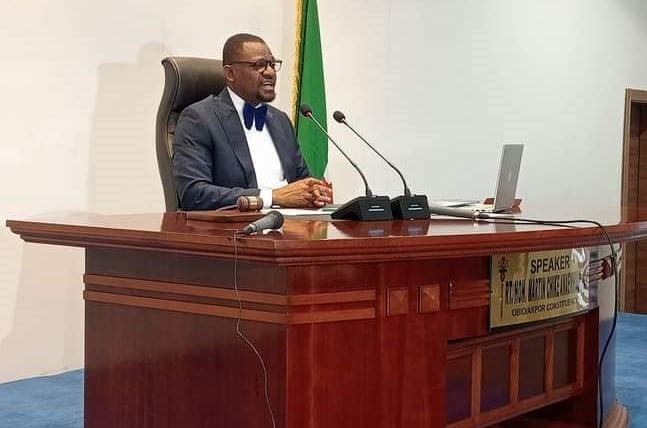The National Information Technology Development Agency (NITDA) says Nigeria’s technology startup ecosystem raised over $400 million in funding in 2024.
Kashifu Abdullahi, director-general (DG) of NITDA, spoke on Tuesday at the 11th edition of the ICTEL Expo, organised by the Lagos Chamber of Commerce and Industry (LCCI) in Lagos.
The event, themed “Leveraging Technology for Innovation and Development in Africa,” brought together tech enthusiasts and exhibitors.
Represented by Olawumi Oladejo, the NITDA DG said the ecosystem’s performance reflects the impact of intentional policy direction, rising investor confidence, and expanding innovation infrastructure.
He described innovation hubs as no longer mere co-working spaces but “catalysts of economic progress, enablers of talent, and launchpads for African solutions to African challenges”.
“These hubs enable access to digital infrastructure, attract global venture capital, and foster inclusive participation in the digital economy,” Abdullahi said.
“In Nigeria, we proudly host five of Africa’s seven tech unicorns, and our startup ecosystem raised over $400 million in 2024. The ICT sector now contributes nearly 20 percent to our national GDP.
“This progress is not by chance. It is the result of intentional government policy, all-entrepreneurial talent, and strategic investment in innovation infrastructure.”
He noted that over 1,000 innovation hubs are operational across Africa, with Nigeria, Kenya, Egypt, and South Africa leading in density.
The director-general added that projects like the Nigeria Startup Act and the digital free zone are helping to establish the country as a leading destination for innovation and entrepreneurship.
“We also recognise that there are a few challenges despite the potential. Some of them are inadequate infrastructure, urban concentration, early-stage capital gaps, and complex regulatory environments, which can increase uncertainty and slow down the pace of innovation,” he added.
The NITDA boss said the agency is establishing “Innovation Nests” across Nigeria’s six geopolitical zones to drive regional economic development through innovation.
“These hubs are designed to drive research and development, foster startup growth, create sustainable jobs, and stimulate regional economic development,” the DG said.
He added that each hub will be tailored to address specific challenges relevant to its geopolitical zone, with a thematic focus aligned to local needs.












